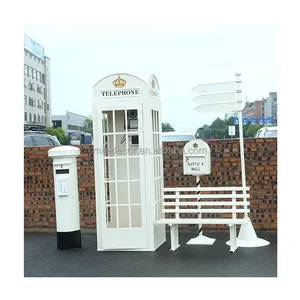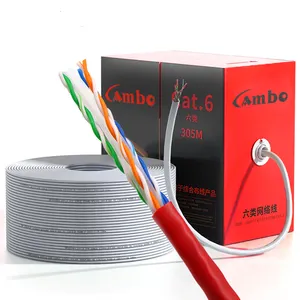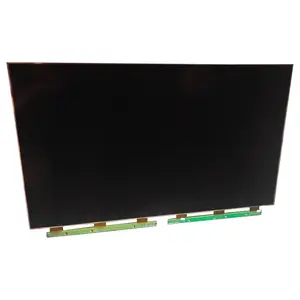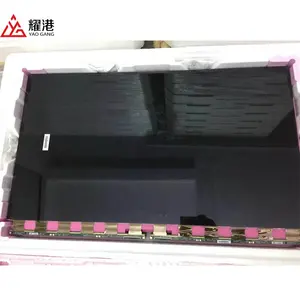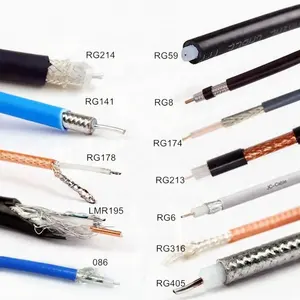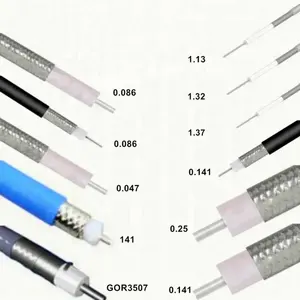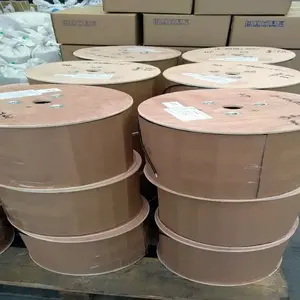Popular in your industry





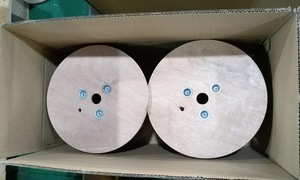








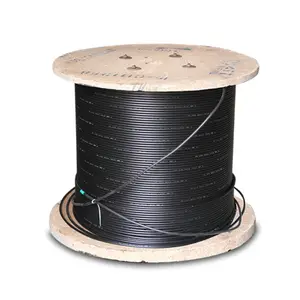













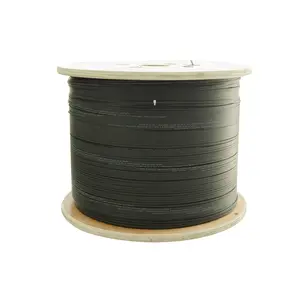


















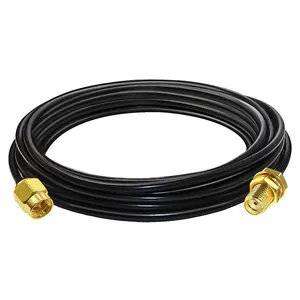

















Related Searches:
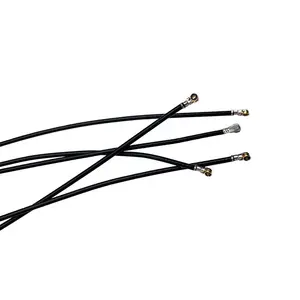




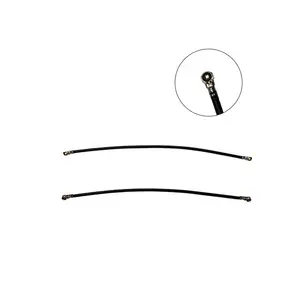
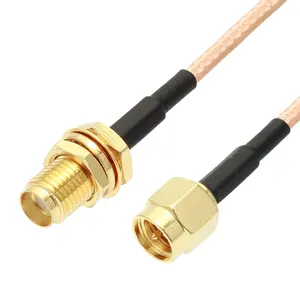



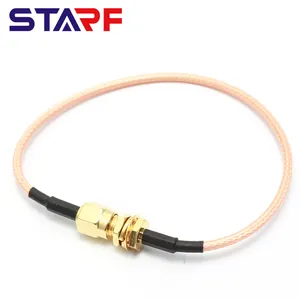


























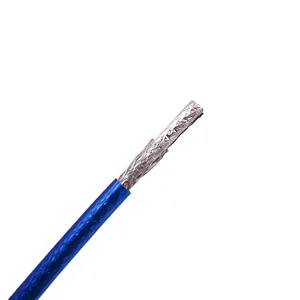





















































































Top categories
About coaxial cables
Understanding Coaxial Cables
Coaxial cables, a fundamental component in the transmission of data and signals, serve as the backbone for countless communication systems. These cables are meticulously designed to carry high-frequency electrical signals with minimal interference. Their structure is composed of an inner conductor, an insulating layer, a metallic shield, and an outer plastic sheath, ensuring signal integrity even in the most demanding environments.
Types and Applications of Coaxial Cables
The versatility of coaxial cables is reflected in their various types, such as RG6, RG58, and RG6U cable, each tailored for specific applications. RG6 cables are commonly used for television aerial cable connections, offering reliable performance for both satellite and cable TV. RG58, a thinner variant, is often employed in radio communications and base stations. For enhanced signal quality, RG6U cable is a preferred choice, especially for high-definition television or broadband internet connections.
Features of Coaxial Cable Construction
The construction of coaxial cables is a precise science, aimed at reducing signal loss and interference. A key feature is the use of rf coaxial connectors, which ensure a secure and stable connection between the cable and devices. These connectors are engineered to maintain the shielding effect, which is crucial for signal fidelity. Additionally, the integration of a coaxial cable plug simplifies the connection process, making it straightforward for various applications, from tv antenna cable setups to complex network systems.
Advantages of Coaxial Cable Technology
The shielding technology in coaxial cables provides a significant advantage, protecting the inner conductor from electromagnetic interference. This results in a clearer signal transmission, making coaxial technology a reliable choice for both residential and commercial uses. Furthermore, the durability of coaxial cables, due to their robust construction, ensures longevity and consistent performance, which is essential for infrastructure such as tv aerial cable and coax over ethernet systems.
Choosing the Right Coaxial Cable and Connectors
Selecting the appropriate coaxial cable and connectors is crucial for any installation. Factors to consider include the type of signal, the required distance for transmission, and the specific environmental conditions. For instance, coax speaker cable is designed to deliver audio signals with high fidelity, while rf cable is more suited for frequencies in radio communication systems. It is essential to match the cable with compatible rf coaxial connectors to ensure optimal performance and signal integrity.
Integrating Coaxial Solutions
In the realm of signal transmission, the integration of coaxial solutions is a testament to their reliability and efficiency. Whether it's for a coax outlet in a home theater setup or a complex data center requiring coax cable outlet installations, coaxial technology remains a trusted standard. Its ability to transmit signals over long distances without significant loss makes it an indispensable component in modern communication infrastructures.
